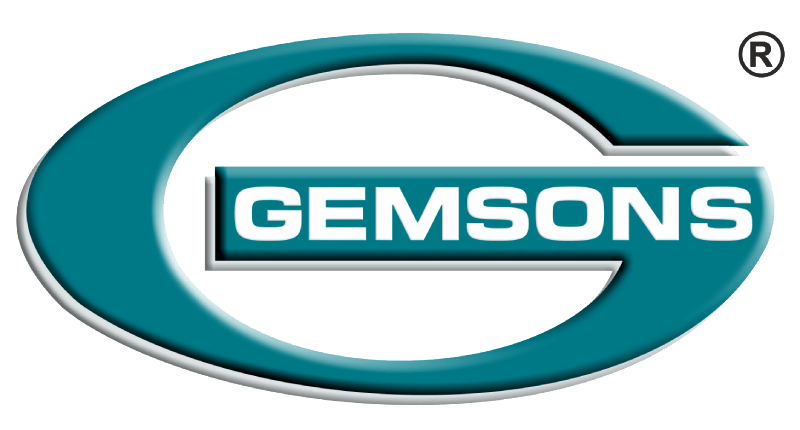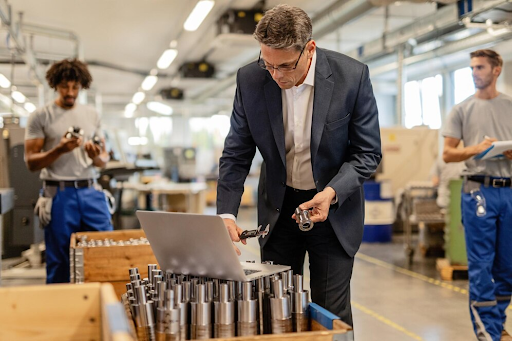Material selection is a critical factor that influences both the cost and performance of custom parts. Whether you’re designing components for aerospace, automotive, or industrial machinery, the choice of material can determine the project’s success. By understanding how different materials impact manufacturing processes, durability, and overall cost, you can make informed decisions that balance performance with budgetary constraints.
Let’s just jump into the blog to know the impact of material selection on the cost and performance of custom made machine parts.
The Role of Material Selection in Custom Parts
When it comes to custom-made machine parts, the material you choose directly affects the part’s strength, weight, thermal properties, corrosion resistance, and machinability. Each of these factors contributes to the part’s overall performance and longevity, as well as the cost of production.
1. Performance Considerations:
The behaviour of a custom part depends greatly on the material that has been used for the construction of the part. For instance, if your part is to be subjected to high stress or high temperatures, the best material to use may be titanium or stainless steel because of their high strength and high heat tolerance respectively. However, these materials are more expensive and are not easy to machine as compared to mild steel.
On the other hand, if the part is to be used in low level applications, then materials such as aluminum or certain types of plastics may be adequate. These materials are relatively lighter in weight, easier to machine, and in most cases less expensive and hence can be used in applications where high performance is not so much of a requirement.
2. Cost Implications:
The cost of material is a major component of the total cost of production of custom made machine parts. Inconel, titanium, or any other specific alloy can be expensive for the raw materials and the piece’s machining. Such materials may need specific tools, low speeds of cutting or shaping, and intricate procedures, all of which make the production expensive.
On the other hand, ordinary materials such as aluminum, mild steel, and some types of plastics are cheaper. They are easier to machine, which means that labour costs are cut and production rates are increased. Also, these materials are easily accessible in the market, thus bringing down the lead times and costs of the materials.
3. Balancing Cost and Performance:
This is one of the most significant issues that must be solved during the choice of the material – to achieve the optimal ratio of the price and the characteristics of the material. For instance, even though titanium has high strength and corrosion resistance, it is very expensive and difficult to machine. In such cases, a middle ground might be a substance like aluminum which is more or less ideal in terms of strength, weight, and cost.
Another strategy is to consider hybrid materials or surface treatments. For example, using a cost-effective material with a specialized coating can enhance properties like corrosion resistance or wear resistance without the need for a more expensive base material. This approach allows you to achieve the desired performance while keeping costs under control.
4. Long-term Considerations:
One has to consider the cost of the materials used in the construction of the building while at the same time considering the overall cost implication in the long run. A cheaper material may mean lower costs in the beginning but if it means that it will require more maintenance, more replacements, or has a shorter lifespan than the more expensive material, then the long-term costs are higher. On the other hand, spending more money on better material at the beginning could save more money in the long run because of the longevity of the part and the time that is saved.
Conclusion
One of the most important decisions that have to be made during the design of custom made machine parts is the choice of materials. The peculiarities of your particular application, as well as the cost and performance characteristics of the different materials, should be taken into account to make rational choices that will improve the utility and cost-effectiveness of your project.
Selecting the right materials for your custom parts can be daunting, so it is recommended that you explore Gemsons’ expertise in precision machining. Our team is dedicated to delivering high-performance solutions that meet the unique needs of industries around the globe.
Also read- https://www.gemsons.com/how-custom-made-machine-parts-can-help-in-your-business-growth/



Recent Comments